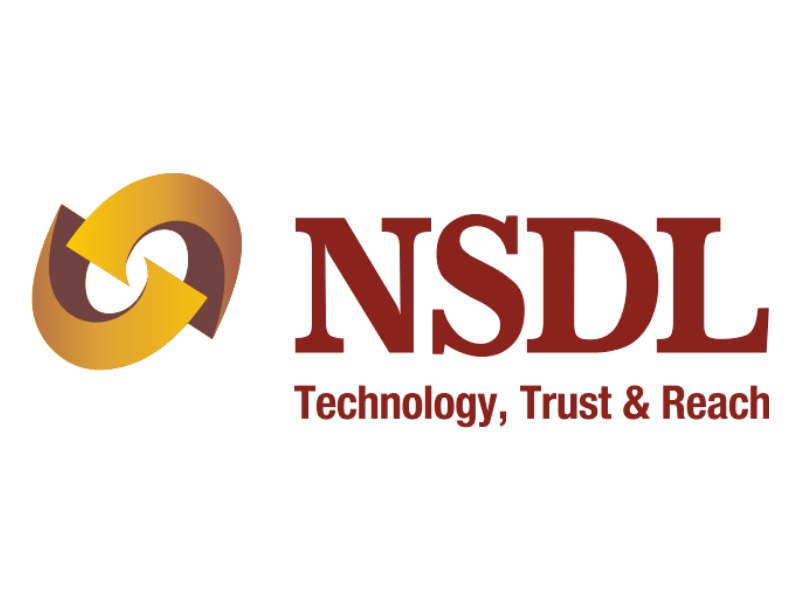
NISHTHA – National Initiative for School Heads and Teachers’ Holistic Advancement – is a program to develop the abilities of elementary schooling educators and principals. The National Initiative for School Heads and Teachers Holistic Advancement (NISHTHA) is a capacity-building initiative to “Improving School Quality Of education Via Integrated Professional Development in training teachers.” The NISHTHA initiative strives to improve the competency of all primary school leaders and teachers.
Educators are the leading lights in showing us the way to the future via correct instruction in the realm of knowledge. A skilled teacher understands the theoretical and methodological understanding of the subjects they educate and the necessary methods for teaching and guiding pupils on the right path. Educators are significant assets in contemporary society as they shape the next generation’s destiny. Nevertheless, there is a well-documented shortage of educators throughout the nation’s academic institutions. More applicants attending training courses to turn them into qualified future teachers is the most excellent method to overcome this issue.
Learner-centered pedagogy, instructional objectives, innovative initiatives in schooling, school-based evaluation, addressing varied needs of kids through various pedagogies, and other topics will be taught to bureaucrats at the government, block, districts, and cluster levels in an integrative manner. The venture is a Comprehensive Educator Training Course run by the Department of HRD’s Bureau of Public Education and Literacy as a component of its National Goal to enhance learning results at the primary school level underneath the Samagra Shiksha Scheme in the year 2019-20 that is centrally sponsored.
Dimensions of coverage
All educators and School principals at the foundation phase across all Government schools, academic staff of State Authorities of Educational Research as well as Training (SCERTs), District Establishments of Education and Training (DIETs), along with Block Resource Organizers and Cluster Asset Organizers in all States and UTs are expected to benefit from the initiative.
NCERT has created a digital app and a learning management system (LMS) built on the application of MOODLE (Modular Object-Oriented Dynamic Learning Environment).
The LMS would be used to register Resource Persons and Instructors, provide materials, analyze training gaps and impacts, evaluate, coach, and track progress electronically.
Implementation
The mentoring will be delivered by 40000 Key Resource People (KRPs) and State Resource People (SRPs) recognized by the states and Union Territories. They will then be educated by 150 National Resource People from the National Institute of Educational Planning and Administration (NIEPA), National Council of Educational Research and Training (also called NCERT), Navodaya Vidyalaya Samiti (NVS), Central Board of Secondary Education (CBSE), Non-Governmental Organizations, Kendriya Vidyalaya Sangathan (KVS).
This program aims to motivate and empower instructors to help kids develop critical thinking skills, deal with a variety of circumstances, and serve as first-line counselors. They will be trained in and improve their skills in areas such as Learning Outcomes, Competence-based Learning, and Experimenting, Student Pedagogy, Educational Security and Stability, Personal-Social Characteristics, Inclusive Education Schooling, ICT in teaching as well as learning, which include AI Technology, Nutrition including Well-being, Yoga, School Efforts such as the reading room, eco lounge, youth center, and botanical garden, School Leadership Potential, Environmental Consciousness, and Sustainable Consciousness. The NCERT and NIEPA have created high-quality training packages that include courses about the topics mentioned above. With the fundamental concepts and desired goals of NISHTHA in mind, states and UTs can contextualize the training modules and utilize their material and resource persons.
For enrollment of Resource Persons and Teachers, distribution of materials, education gap and effect analysis, tracking, coaching, and assessing progress digitally, a phone app and Learner Management System (LMS) centered on NCERT – https://nishtha.ncert.gov.in/ would be employed.
Expected results
NISHTHA is projected to produce the following primary outcomes:
- Students’ learning results have improved.
- Creating an inclusive classroom climate that is both facilitating and rewarding
- As the initial-level counselors, educators become aware of and sensitive to kids’ social, psychological, and emotional characteristics.
- Teachers are taught how to utilize art as a pedagogy, encouraging pupils to be more creative and innovative.
- Teachers are taught how to help pupils build and enhance their personal-social skills to help them grow holistically.
- We are creating a healthy and secure learning environment.
- Integrating information and communication technology (ICT) into teaching, studying, and evaluation.
- It is creating a stress-free School-Based Assessment that focuses on learning skills training.
- Teachers use activity-based teaching and learning to transition students from memorization to competency-based training.
- Teachers and school administrators become informed of innovative educational initiatives.
- Heads of Schools are being transformed into academic and professional leaders to develop innovative ideas.
Conclusion
Experimenting with practical teaching approaches in a real classroom context without sufficient teacher training can be problematic, as students may not fully comprehend the topics and perform below expectations. Compared to the teacher’s current technique, an alternative strategy may provide a superior learning experience. The instructor must thoroughly understand such processes to teach a topic for alternatives if one fails to give the intended outcomes. As a teacher, you may acquire a student’s confidence and help them learn more efficiently by following proper processes. The National Initiative for School Heads and Teachers’ Holistic Advancement – is a program aimed at developing the abilities of elementary schooling educators and principals to achieve the same.


























